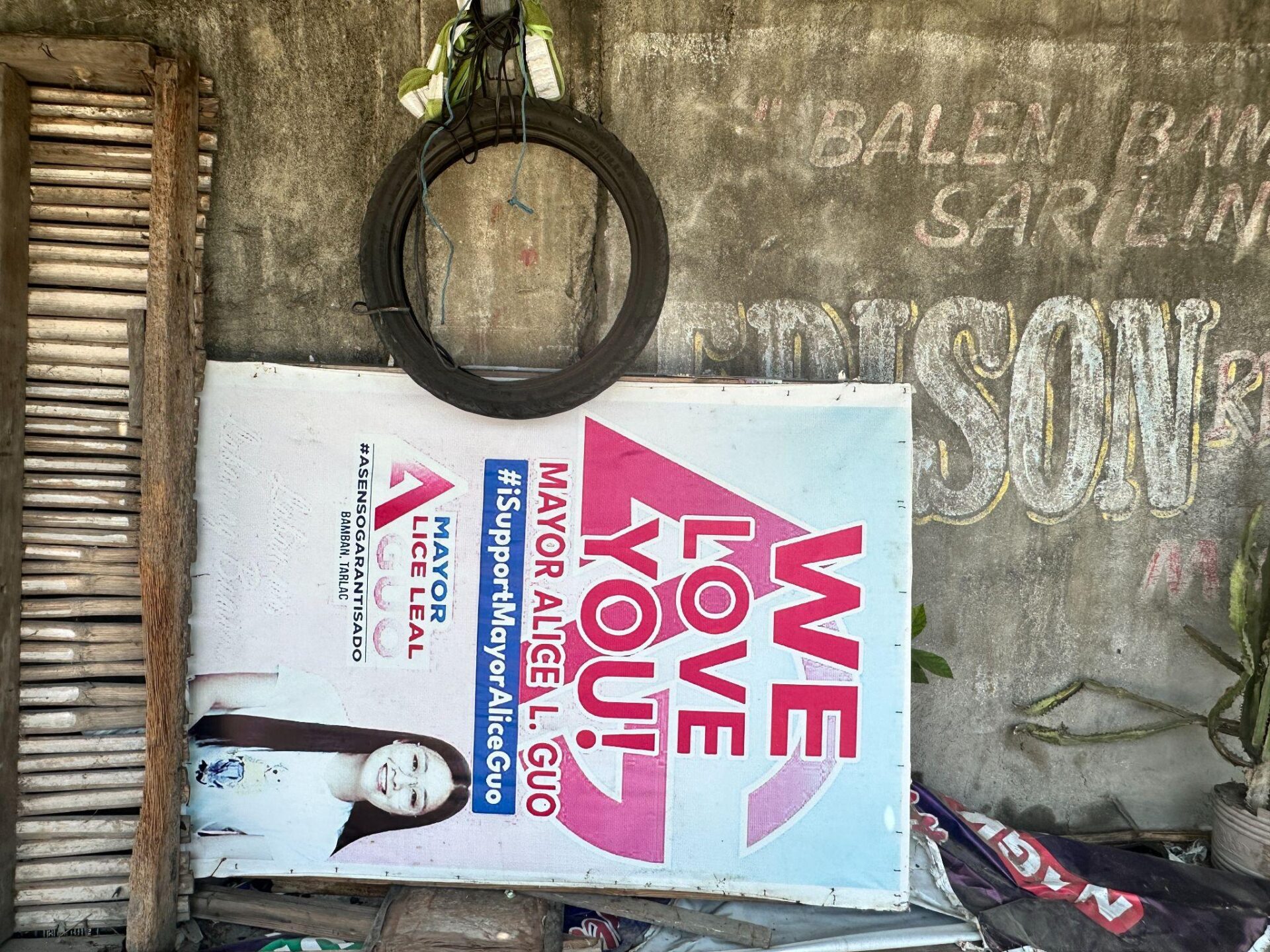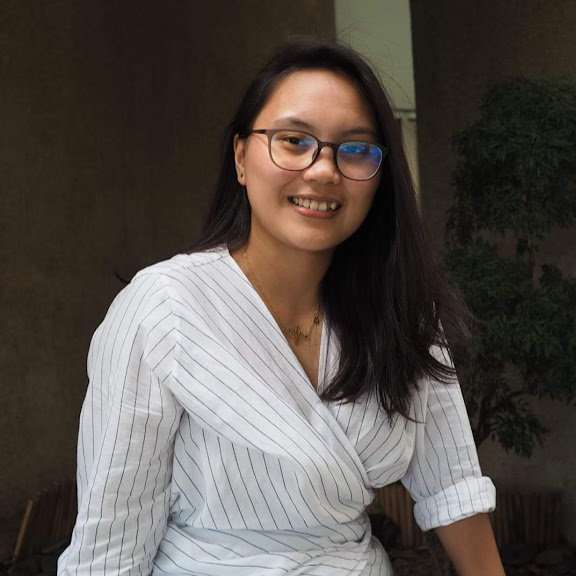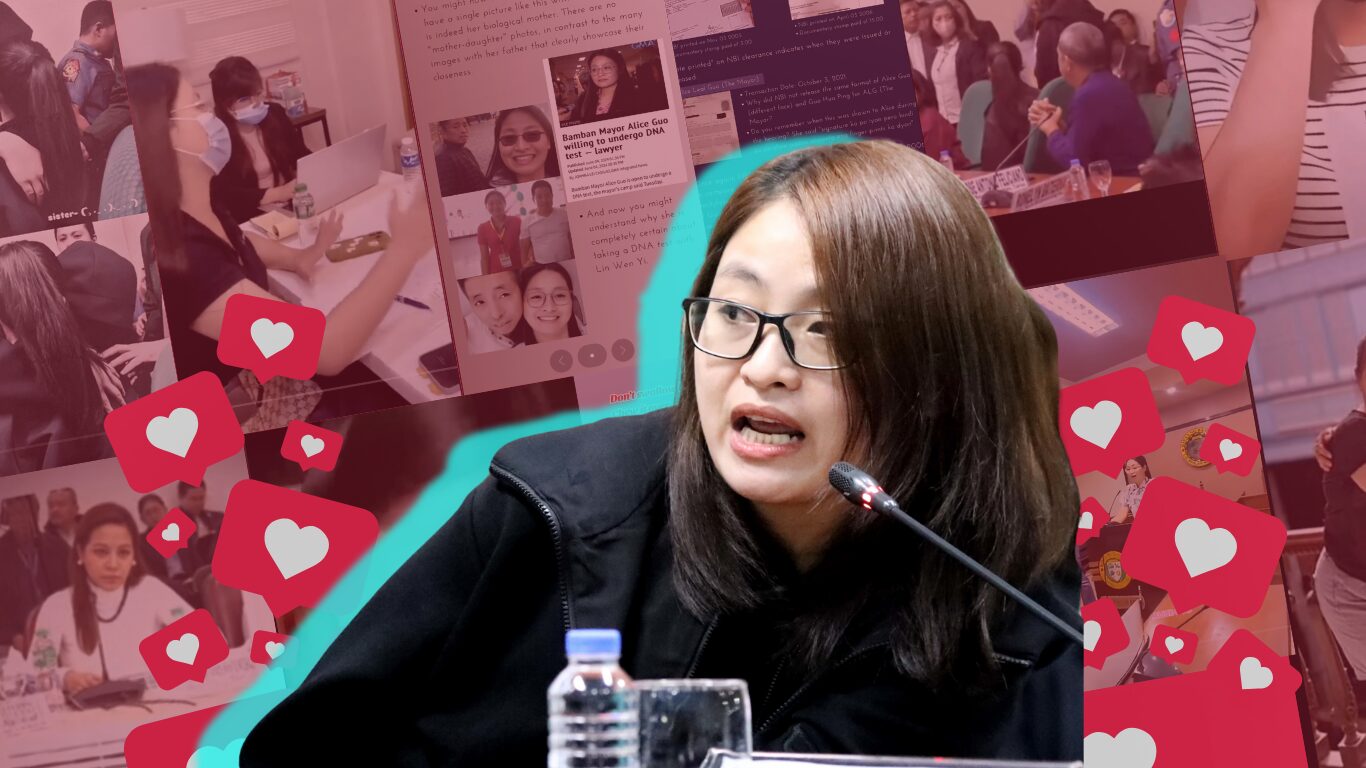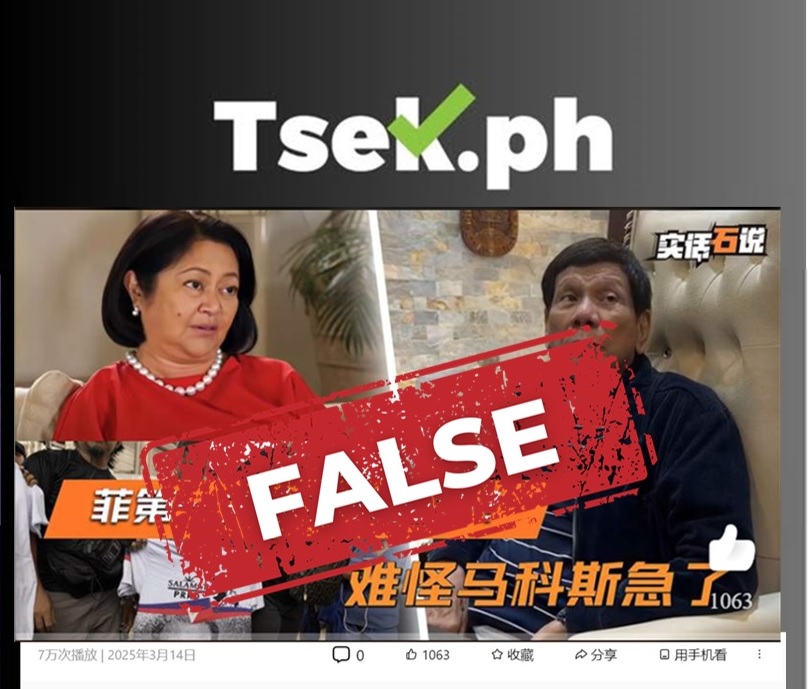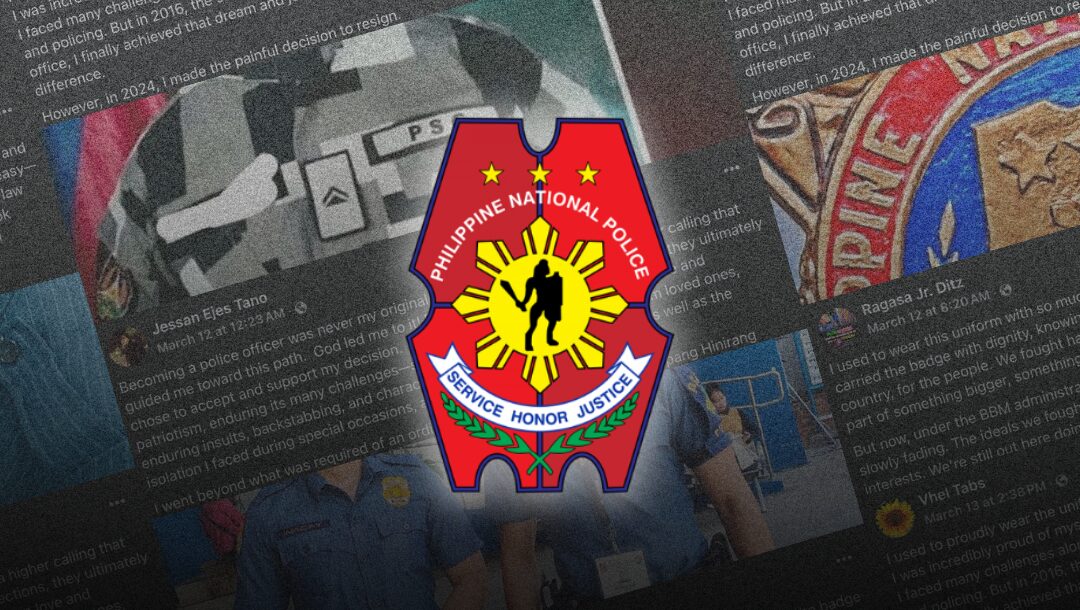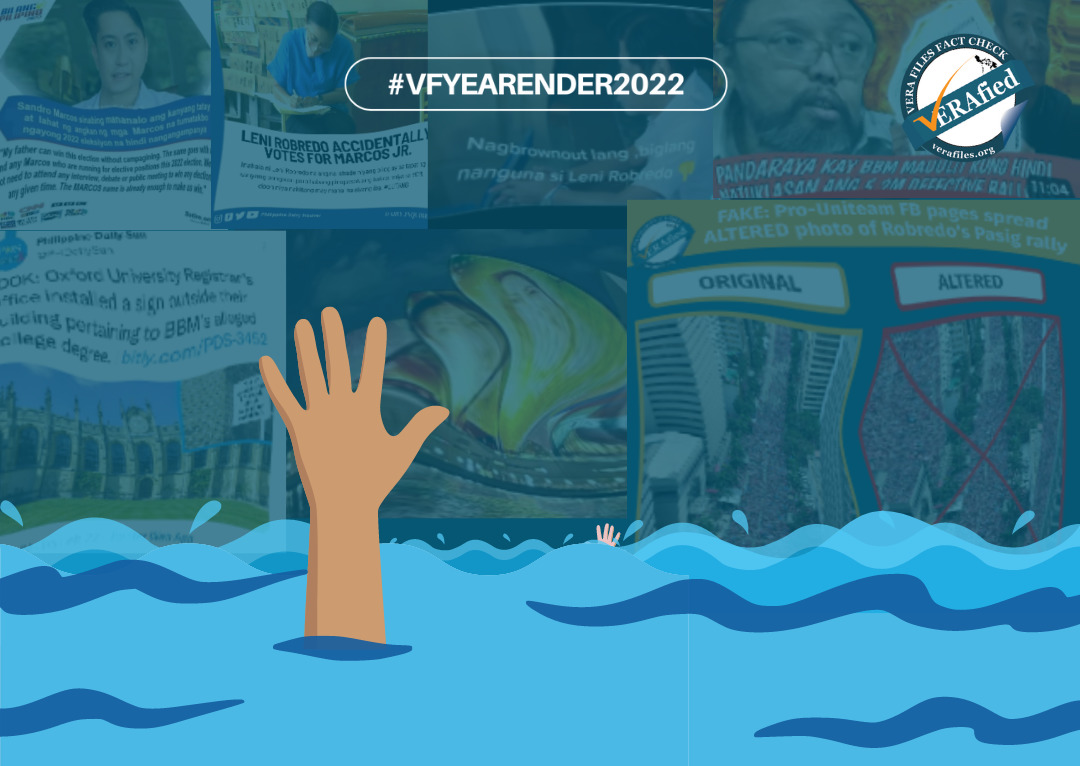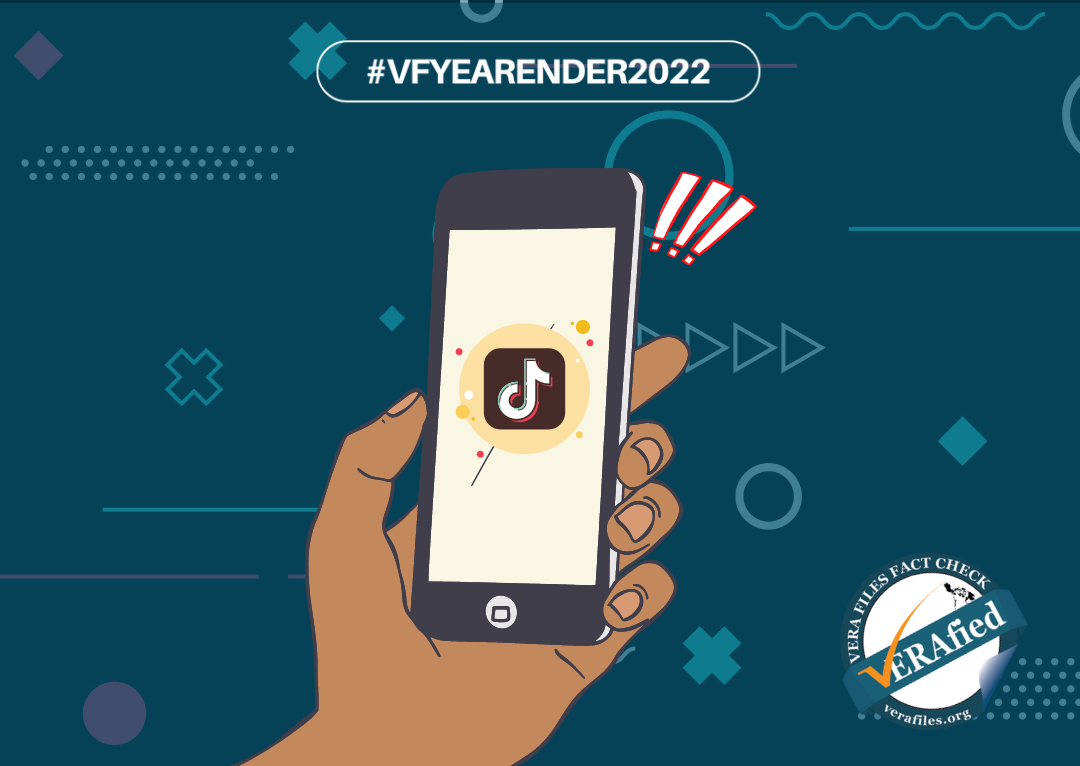The Philippines is no stranger to political campaigning. But the era of video-based and creator-friendly platforms – like TikTok – has ushered in a subtler, softer yet cunning style that draws on tactics rooted in fandom culture.
From the Dutertes to the Marcoses, Fatima Gaw, a PhD candidate at Northwestern University, has seen influence operations (IO) use stan accounts on TikTok to “glorify” politicians’ personal attributes during election season.
Read From teens to seniors: Why they’re voting for BBM, Sara
IO are orchestrated efforts to spread information, including disinformation, propaganda and other harmful content in different formats, that aim to coerce or manipulate behavior and polarize opinions. This can be done by governments, private groups or foreign interests.
In the last national polls, Ferdinand “Bongbong” Marcos’ stan accounts made TikTok videos portraying him as a family man–going to church, praying and bonding with his family. While the stans of Sandro, the presidential son, have turned him into a teenage heartthrob.
“It’s about emphasizing their personal life, especially that voters actually think about the moral character of politicians when they vote,” Gaw told VERA Files.
Gaw studies the mediation of platforms, algorithms and digital technologies in cultural production, politics and public discourse in the Philippines. She was also among the co-authors of a study on the Political Economy of Covert Influence Operations in the 2022 elections.
The template of stans, she said, is similar to what VERA Files found in its investigation of former Bamban mayor Alice Guo’s supporters on TikTok.
Last May, VERA Files revealed 45 accounts that exhibited signs of a coordinated campaign to bolster Guo’s image amid the Philippine Offshore Gaming Operators (POGO) probe in 2024.
Read Inside Guo-Tok: How TikTok fan accounts whitewashed Alice Guo image amid POGO probe
Their weapon of choice: Supercuts of Guo eating taho, dancing with katutubo or attending local festivities, that widely casted her as a simple, cute and progressive leader.
Guo faces serious criminal charges, including money laundering, tax evasion, and qualified human trafficking in POGOs. On June 27, the Manila Regional Trial Court ruled that she is “undoubtedly Chinese” and erased her mayorship from the records, judging she was never qualified to hold office.
Gaw described Guo’s TikTok stans as an “à la carte” influence operations strategy compared with larger-scale IO observed in previous years.
“They’re using the same playbook ultimately that makes it worrying because if this worked with Guo, it might work for other controversial figures as well,” Gaw stressed.
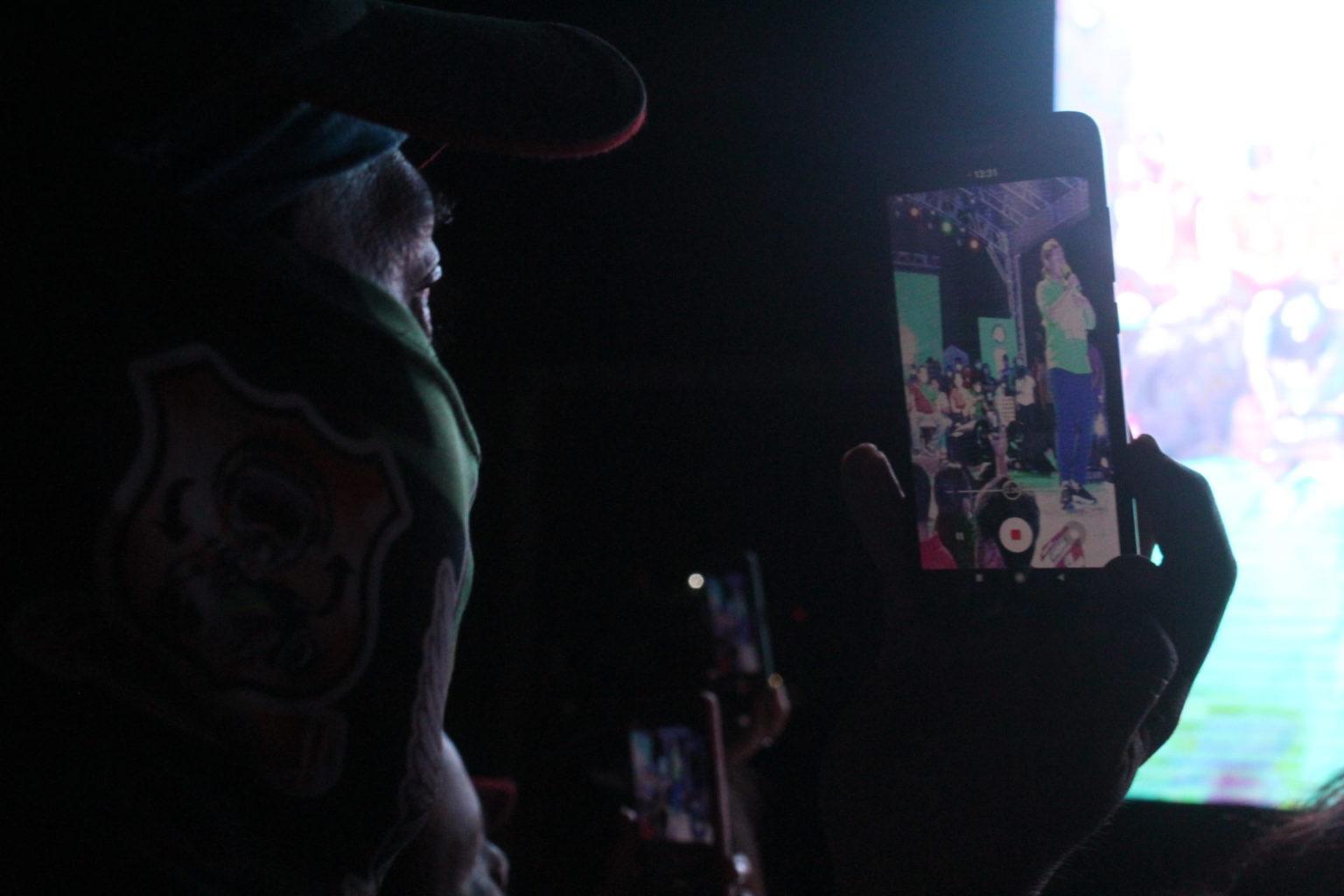
Although this “non-political content” may not serve as the primary source of information about Guo for Filipino audiences, Gaw noted that it “might supplement the gaps in their knowledge.”
In particular, the stans’ use of entertainment and “exclusion from mainstream discourse” could pique the interest of TikTok users in Guo, rather than seeking credible news about her.
No impersonations
In response to VERA Files’ report, TikTok – a short-form video platform owned by Beijing-based technology company ByteDance – said that it had not found “strong evidence of any coordinated inauthentic behaviors” among the 45 accounts.
The platform, however, has “permanently banned two accounts in question” that violated its Community Guidelines for impersonation as of June 27. It did not disclose the account usernames and the specific violations.
According to TikTok’s guidelines on Integrity and Authenticity, accounts are not allowed to operate as spam or impersonate that may mislead its community.
“Parody or fan-based accounts are allowed, as long as they are clearly disclosed in the account name,” the platform said.
As of this writing, 33 of the accounts VERA Files monitored remain active, of which six have changed their usernames. Meanwhile, 12 deleted their accounts.
For its part, TikTok stated that it partners with experts to “deter, detect and remove inauthentic accounts or behavior” on the platform.
In April, TikTok took down three covert influence networks targeting Filipino audiences in the run-up to the 2025 midterm elections.
The cases involved 124 inauthentic accounts that posted repetitive content favoring certain candidates and criticizing others; 36 accounts that created fictitious personas to amplify negative narratives about a politician; and 29 that used the Philippine flag in their profiles to support or criticize specific politicians.
According to TikTok, it continues to proactively monitor the platform and investigate any leads provided by partners in the Philippines and other external sources.
Culture of politics
While the IO on Guo may be considered “too small,” Gaw spelled out a bigger impact for TikTok users.
“As long as they’re there and not taken down, it will appear in your feed,” she said, highlighting that these stan accounts would likely be viewed as “native and organic.”
Gaw added, “It’s so seamless in terms of your consumption that it’s really hard for a normal person to discern – ‘Am I being exposed to propaganda?'”
For instance, the TikTok account @cyliceraxz, whose username was found on a Russian dating platform, has changed its username to @cy_shyring.g, and then reverted back in a span of two weeks.
It currently has more than 24,600 followers and 567,300 likes for content that not only features Guo but also Kitty Duterte, youngest daughter of former president Rodrigo Duterte, and members of the Spanish royalty.
For Gaw, this example may even be part of “a bigger universe of fandom around political accounts” that produce entertaining content to capture the public’s hearts and minds.
With politics and entertainment in the Philippines so intertwined, she believes IO that portray public figures, like Guo, as larger-than-life, authentic characters will remain a tactic in election campaigning.
“Maybe then it’s a cultural intervention […] What we can do is foster a culture [where] we need to have higher expectations for politicians.”
This story was published with the support of the Internews Indo-Pacific Media Resilience Program or IPMR. Watch the video explainer on Influence Operations and Foreign Information Manipulation and Interference here.
